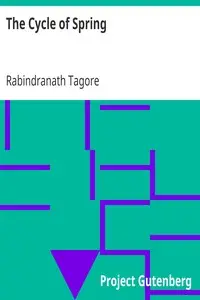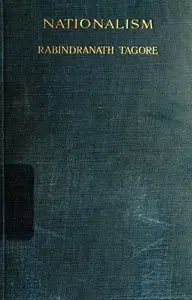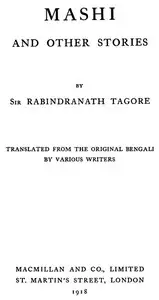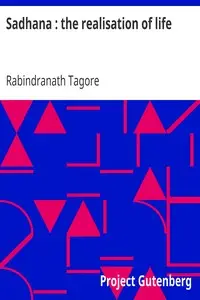"The King of the Dark Chamber" by Rabindranath Tagore is a play that explores the yearning for truth and connection in a kingdom ruled by an unseen king. Set in the early 20th century, the story unfolds among citizens who question their mysterious ruler's existence, their playful discussions tinged with serious doubts about his authority. Queen Sudarshana, longing for clarity and connection in her marriage, embodies the central theme as she seeks to understand her hidden husband. The kingdom balances celebration with constraint, setting the stage for a drama of deception, identity, and the powerful desire for what remains unseen.
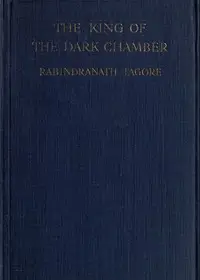
The King of the Dark Chamber
By Rabindranath Tagore
In a festive yet constrained kingdom, a queen's longing for her hidden husband ignites a quest for truth, challenging the very nature of their unseen ruler's authority.
Summary
About the AuthorRabindranath Tagore was a Bengali poet, writer, playwright, composer, philosopher, social reformer, and painter of the Bengal Renaissance. He reshaped Bengali literature and music as well as Indian art with Contextual Modernism in the late 19th and early 20th centuries. Author of the "profoundly sensitive, fresh and beautiful" poetry of Gitanjali, in 1913 Tagore became the first non-European and the first lyricist to win the Nobel Prize in Literature. Tagore's poetic songs were viewed as spiritual and mercurial; where his elegant prose and magical poetry were widely popular in the Indian subcontinent. He was a fellow of the Royal Asiatic Society. Referred to as "the Bard of Bengal", Tagore was known by the sobriquets Gurudeb, Kobiguru, and Biswokobi.
Rabindranath Tagore was a Bengali poet, writer, playwright, composer, philosopher, social reformer, and painter of the Bengal Renaissance. He reshaped Bengali literature and music as well as Indian art with Contextual Modernism in the late 19th and early 20th centuries. Author of the "profoundly sensitive, fresh and beautiful" poetry of Gitanjali, in 1913 Tagore became the first non-European and the first lyricist to win the Nobel Prize in Literature. Tagore's poetic songs were viewed as spiritual and mercurial; where his elegant prose and magical poetry were widely popular in the Indian subcontinent. He was a fellow of the Royal Asiatic Society. Referred to as "the Bard of Bengal", Tagore was known by the sobriquets Gurudeb, Kobiguru, and Biswokobi.








